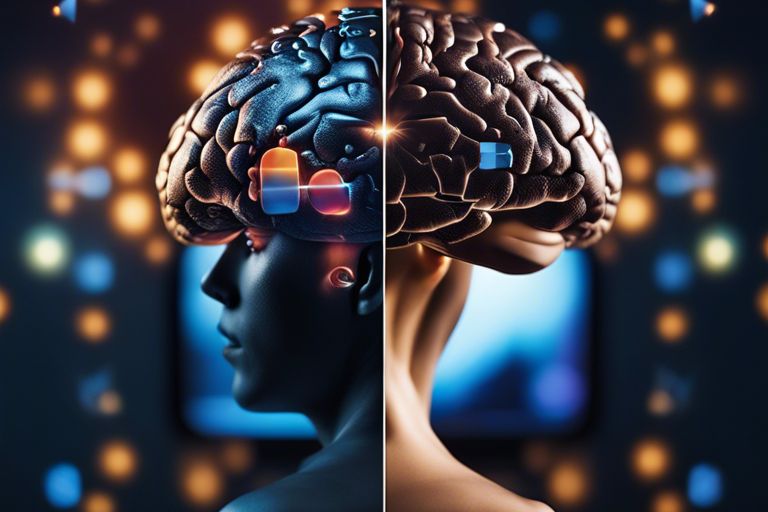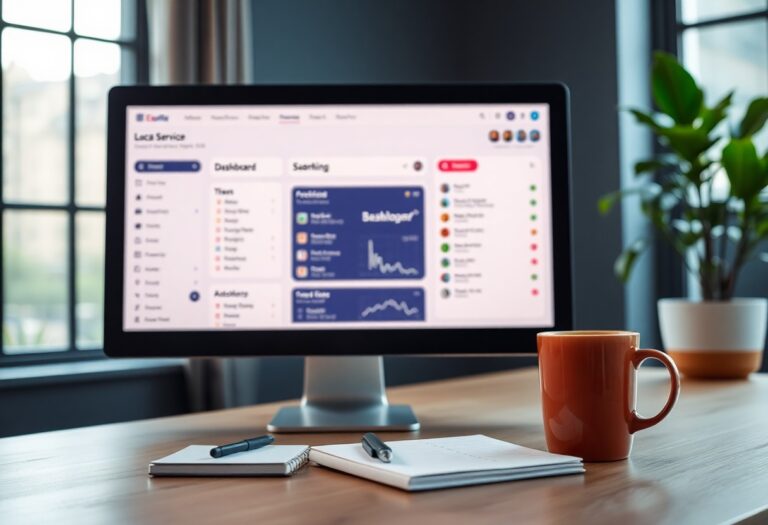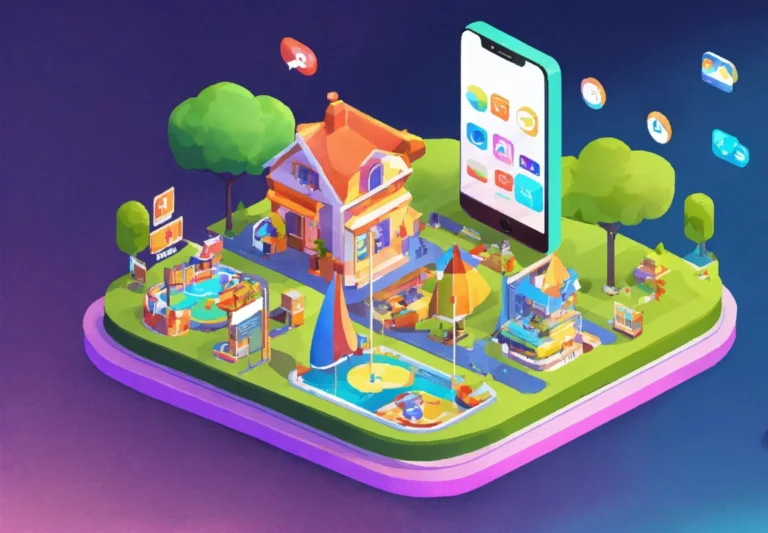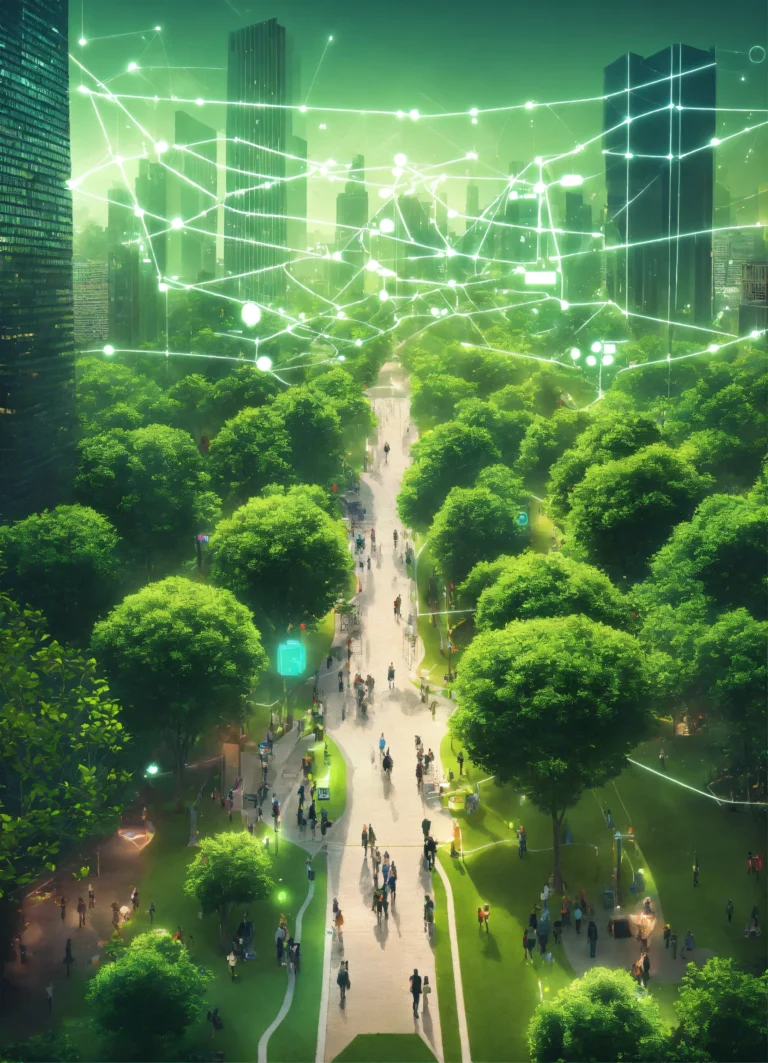Social Media has become an inseparable part of our lives, shaping how we connect, consume information, and perceive the world. While platforms offer opportunities for self-expression, community-building, and knowledge-sharing, they also harbor risks to our mental well-being. This analysis investigates into the effects of social media on our minds, from enhancing loneliness and anxiety to fostering a sense of belonging and empowerment. By examining both the positive and negative impacts, we can navigate the digital landscape with greater awareness and mindfulness.
Key Takeaways:
- Positive Effects: Social media can provide a sense of connection and belonging, facilitate communication and information sharing, and offer a platform for self-expression and creativity.
- Negative Effects: On the flip side, excessive use of social media can lead to feelings of isolation, anxiety, and depression. It can also contribute to a distorted self-image and negatively impact real-life relationships.
- Moderation is Key: It’s crucial to strike a balance in our social media use, being mindful of how it affects our mental well-being. Setting boundaries, taking breaks, and focusing on quality interactions can help harness the positive aspects of social media while mitigating its dark sides.
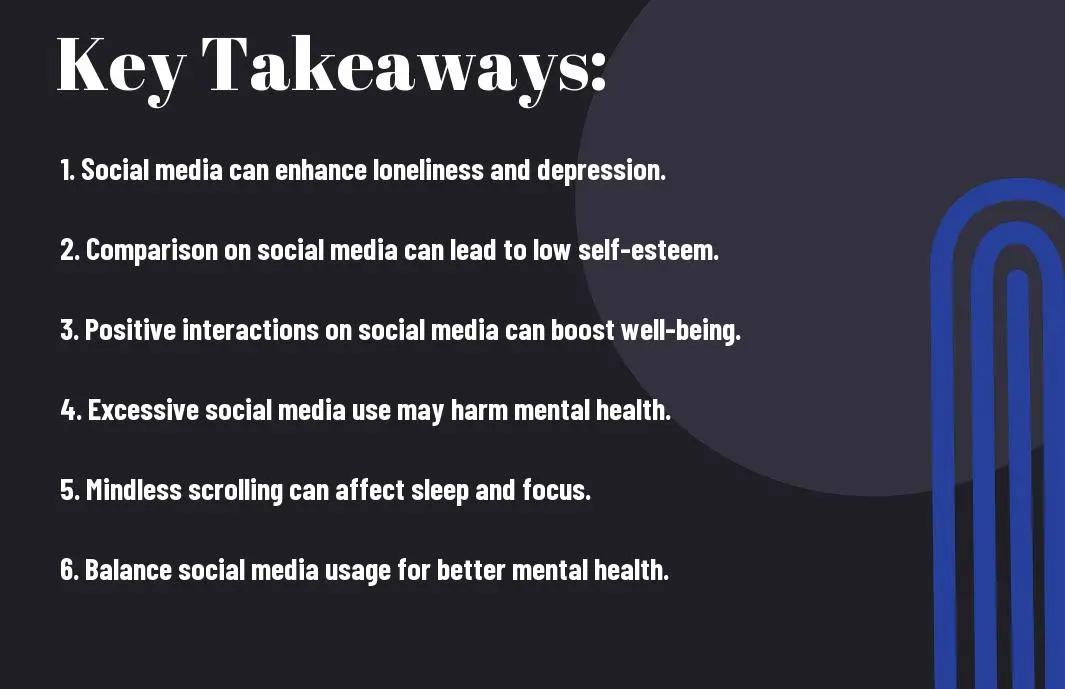
The Bright Side of Social Media
Connectivity and Community Building
Side by side with the internet, social media has revolutionized communication, enabling individuals to connect with friends, family, and like-minded individuals across the globe. Whether through messaging apps, video calls, or social networks, social media enhances our sense of belonging and fosters community building. With just a few clicks, we can stay in touch with loved ones, share experiences, and form new relationships.
Access to Information and Education
An vital benefit of social media is the swift and widespread dissemination of information. Platforms like Twitter and Facebook act as news aggregators, providing real-time updates on local and global events. Furthermore, social media serves as an educational tool, offering a plethora of resources for self-improvement and learning. From online courses to informative articles, individuals have access to a wealth of knowledge at their fingertips.
Understanding the importance of fact-checking and verifying sources is crucial in navigating the vast sea of information available on social media. While these platforms offer valuable educational opportunities, users must exercise critical thinking skills to discern credible information from misinformation.
Self-Expression and Creativity
Any individual can now showcase their talents and creativity to a global audience through social media platforms. Whether through photos, videos, or written content, users can express themselves freely, garnering feedback and support from a diverse online community. Social media acts as a creative outlet, empowering individuals to explore their passions and share their unique perspectives with the world.
Information shared on social media has the power to spark movements, amplify voices, and inspire change. From viral campaigns that raise awareness about social issues to art installations that challenge societal norms, social media can be a catalyst for creativity and expression.
The Dark Side of Social Media
Mental Health Concerns
Clearly, social media has been linked to numerous mental health concerns. Increased usage of social media platforms has been associated with feelings of loneliness, depression, anxiety, and low self-esteem. Constant comparison to others’ highlight reels on social media can lead individuals to feel inadequate and dissatisfied with their own lives. The curated images and posts create unrealistic standards that can negatively impact one’s mental well-being.
Cyberbullying and Online Harassment
Media reports have highlighted the prevalence of cyberbullying and online harassment on social media platforms. Online bullying can have severe consequences on the victims’ mental health, leading to depression, anxiety, and even suicidal thoughts. The anonymity provided by social media can embolden individuals to engage in behaviors they would not exhibit in face-to-face interactions.
Online platforms provide a breeding ground for hateful comments and harmful behavior, creating a toxic environment for many users. This continual exposure to negative interactions can take a toll on one’s mental well-being and perpetuate a cycle of online abuse.
Decreased Attention Span and Productivity
Decreased attention span and productivity are common repercussions of excessive social media usage. The constant notifications, endless scrolling, and multitasking nature of social media can fragment one’s focus and hinder their ability to concentrate on tasks. This can lead to procrastination, decreased productivity, and difficulty in retaining information.
This constant state of distraction can have long-term consequences on individuals’ cognitive abilities and overall effectiveness in various aspects of their lives, including work, studies, and relationships.
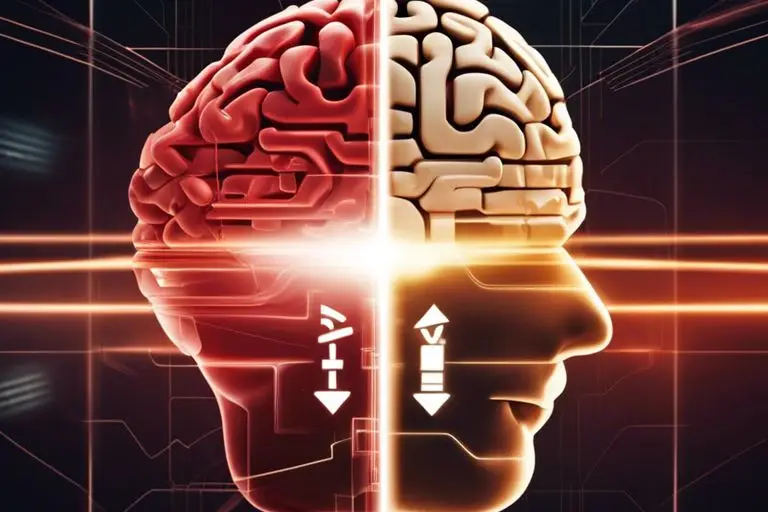
The Impact on Self-Esteem
To investigate into the impact of social media on self-esteem, it is crucial to analyze two critical aspects: unrealistic comparisons and envy, as well as the cult of perfectionism.
Unrealistic Comparisons and Envy
| Unrealistic Comparisons | Envy |
| Social media platforms often portray idealized versions of people’s lives, leading to unrealistic comparisons and feelings of inadequacy. | Seeing others’ curated highlight reels can evoke envy and a sense of not measuring up, impacting self-esteem. |
The Cult of Perfectionism
For those immersed in the social media world, the pressure to present a flawless image can be overwhelming, leading to a pervasive sense of inadequacy and self-doubt.
Envy plays a significant role in fueling the cult of perfectionism prevalent on social media platforms. Users strive to emulate the seemingly flawless lives of influencers and celebrities, perpetuating unrealistic standards and expectations.
The Fear of Missing Out (FOMO)
With the constant stream of updates and activities on social media, users often experience the fear of missing out (FOMO), leading to anxiety and a sense of alienation if they are not constantly connected.
Perfectionism exacerbated by social media can intensify the fear of missing out (FOMO), as individuals may feel pressured to participate in every trend or event to keep up with their peers, impacting their mental well-being.
It is crucial to be aware of these influences and take steps to protect our self-esteem and mental health while engaging with social media platforms.
Social Media Addiction
Not all aspects of social media are beneficial to our mental well-being. Social media addiction is a real concern that can have detrimental effects on our minds and lives. The instant gratification and constant stimulation provided by social media platforms can lead to addictive behaviors that are hard to break.
The Dopamine Loop
Dopamine is a neurotransmitter associated with pleasure and reward. When we receive likes, comments, or shares on social media, our brain releases dopamine, creating a feel-good sensation. This dopamine loop can become addictive, leading us to constantly seek validation and social approval online, often at the expense of our real-life relationships and responsibilities.
The Loss of Face-to-Face Interaction
Loop is created when people spend more time interacting through screens than in person. Face-to-face interactions are vital for building strong relationships, developing social skills, and fostering empathy. When social media takes precedence over real-life interactions, it can lead to feelings of loneliness, isolation, and disconnect from the world around us.
With the rise of social media, many individuals prefer to communicate online rather than meet face-to-face. This shift in communication patterns can have long-term consequences on our ability to connect with others on a deeper, more meaningful level.
The Consequences of Overexposure
The constant exposure to carefully curated images and lifestyles on social media can lead to feelings of inadequacy, envy, and low self-esteem. Comparing our behind-the-scenes reality to the highlight reels of others can create unrealistic expectations and a distorted sense of self-worth.
For instance, excessive use of social media has been linked to increased rates of anxiety, depression, and body image issues, especially among young people. It is vital to be mindful of our social media consumption and seek a healthy balance between online and offline activities to protect our mental well-being.
The Role of Social Media in Shaping Our Identity
The Curated Self
For many individuals, social media has become a platform to create and showcase a highly curated version of themselves. The images and posts they share often only show the highlights of their lives, presenting a polished and idealized image to the world. This curated self can lead to feelings of inadequacy and jealousy in those who compare their behind-the-scenes reality to the carefully crafted personas they see online.
The Performance of Identity
Media platforms allow users to perform different identities, trying on personas like costumes and seeking validation through likes and comments. This performance of identity can be empowering as it offers a space for self-expression and exploration. However, it can also become a slippery slope, blurring the lines between authenticity and artifice.
A deeper look into the Performance of Identity: With the rise of influencer culture, individuals are not only performing for their friends and followers but also for brands and potential business opportunities. This can lead to a pressure to constantly maintain a facade, sacrificing genuine connections and self-expression in the pursuit of validation.
The Authenticity Crisis
With the prevalence of filters, editing tools, and carefully curated feeds, there is an authenticity crisis brewing on social media. Many users feel the need to present a flawless image at all times, leading to a fear of being vulnerable or showing imperfections. This obsession with perfection can take a toll on mental health, as individuals strive to meet unrealistic standards set by social media.
With a growing emphasis on authenticity: There is a counter-movement pushing for more realness and transparency on social media. Influencers and users are starting to embrace imperfections and share unfiltered moments to break the illusion of perfection. This shift towards authenticity is a positive step towards fostering genuine connections and promoting self-acceptance in a digital world obsessed with image.
The Dark Side of Social Media on Relationships
The Decline of Deep Conversations
Side by side with the proliferation of social media, there’s been a noticeable decline in deep, meaningful conversations between individuals. Social media platforms often prioritize quick, superficial interactions over the kind of rich dialogues that nurture genuine connections. As people spend more time crafting the perfect image of their lives online, they may prioritize quantity over quality when it comes to their relationships, leading to a shallowness in communication.
The Rise of Online Conflict
Conversations that would traditionally stay private are now playing out on public platforms, leading to a rise in online conflict. Disagreements that might have been resolved amicably in person can quickly spiral out of control when played out in front of an audience of potentially thousands or even millions. This constant exposure to conflict and negativity can take a toll on mental health, leading to increased stress, anxiety, and even depression.
It’s crucial to consider the implications of engaging in online conflicts and to recognize when it’s best to disengage to prioritize our mental well-being.
The Blurred Lines between Public and Private
Private matters that were once reserved for intimate conversations are now being shared on Social media platforms, blurring the lines between what is meant to be public and what should remain private. This can lead to issues such as breaching trust, invading privacy, and creating tension in personal relationships.
It’s important to remember the value of boundaries and to consider what information is appropriate to share online to maintain healthy relationships both online and offline.
Final Words
So, it is evident that social media has both bright and dark sides when it comes to its impact on our minds. While it provides us with new ways to connect, share, and learn, it also presents challenges such as digital overload, comparison, and mental health issues. It is important for individuals to be mindful of their social media usage and prioritize their mental well-being in this digital age.
FAQ
Q: What are the bright sides of social media on our minds?
A: Social media allows us to stay connected with friends and family, no matter where they are in the world. It can also provide a platform for creativity, self-expression, and learning. Additionally, social media can be a source of support and community for individuals going through tough times.
Q: What are the dark sides of social media on our minds?
A: Social media has been linked to feelings of anxiety, depression, and loneliness in some individuals. It can also lead to addictive behaviors, as people constantly seek validation through likes and comments. Cyberbullying and the spread of misinformation are other negative aspects of social media that can impact our mental health.
Q: How can we manage the impact of social media on our minds?
A: To mitigate the negative effects of social media, it’s important to set boundaries and use it mindfully. This includes limiting screen time, unfollowing accounts that make you feel inadequate, and engaging in real-life social interactions. Practicing digital detoxes, seeking professional help if needed, and educating oneself on digital literacy can also help in managing the impact of social media on our mental health.

